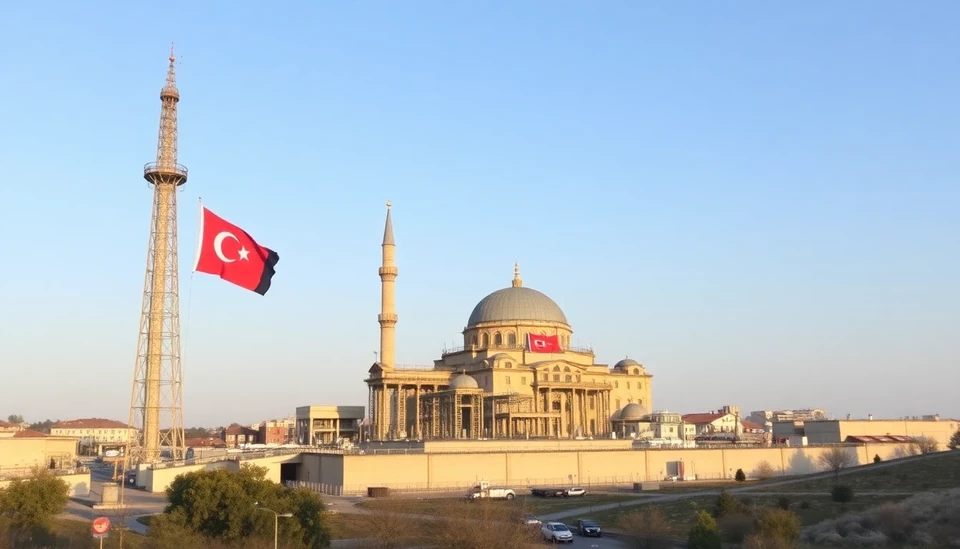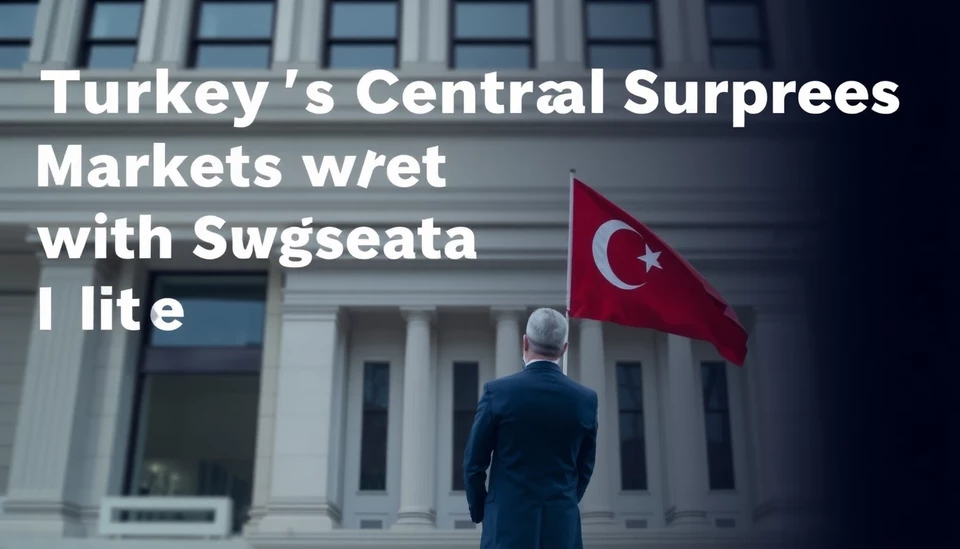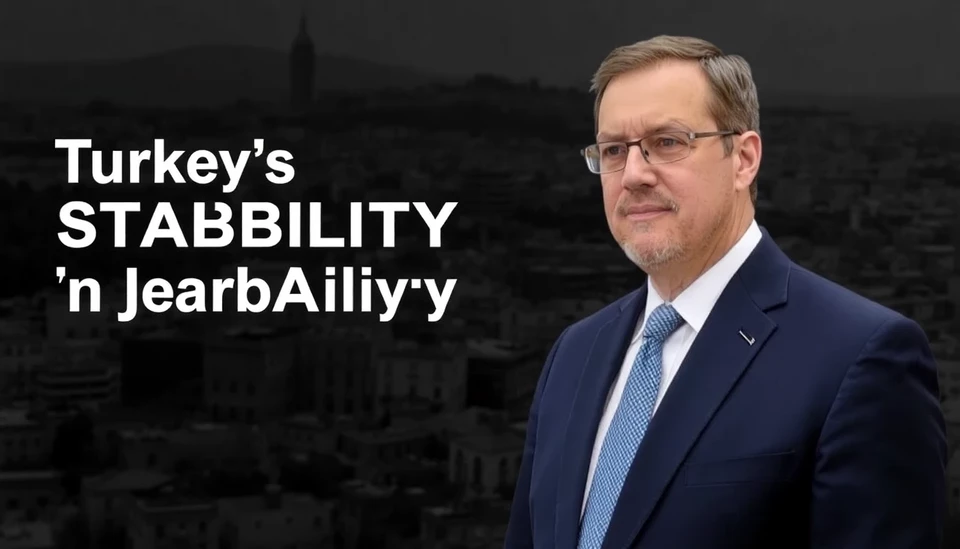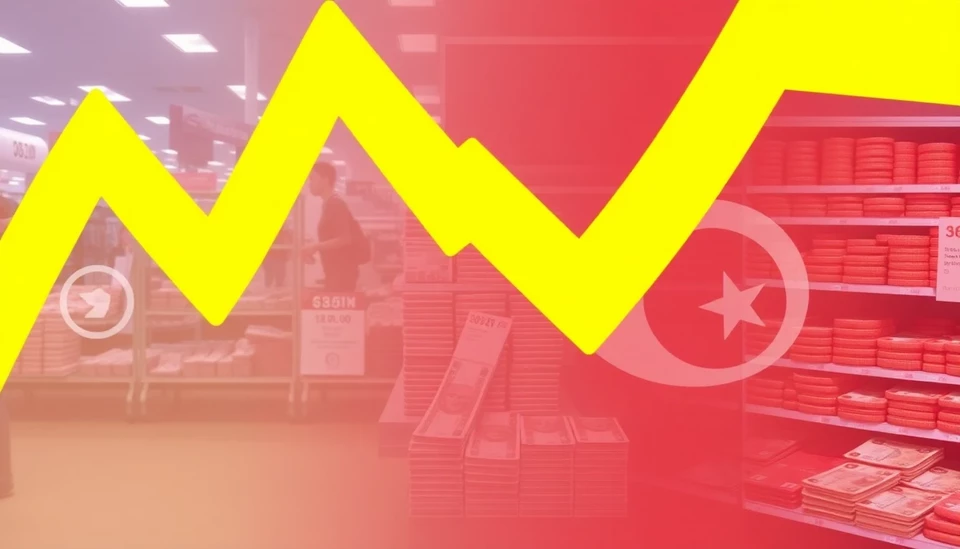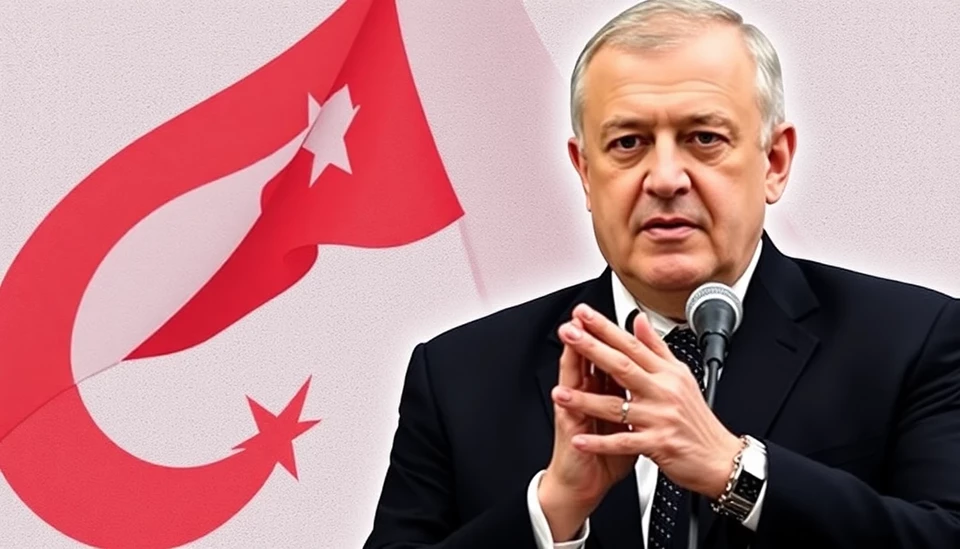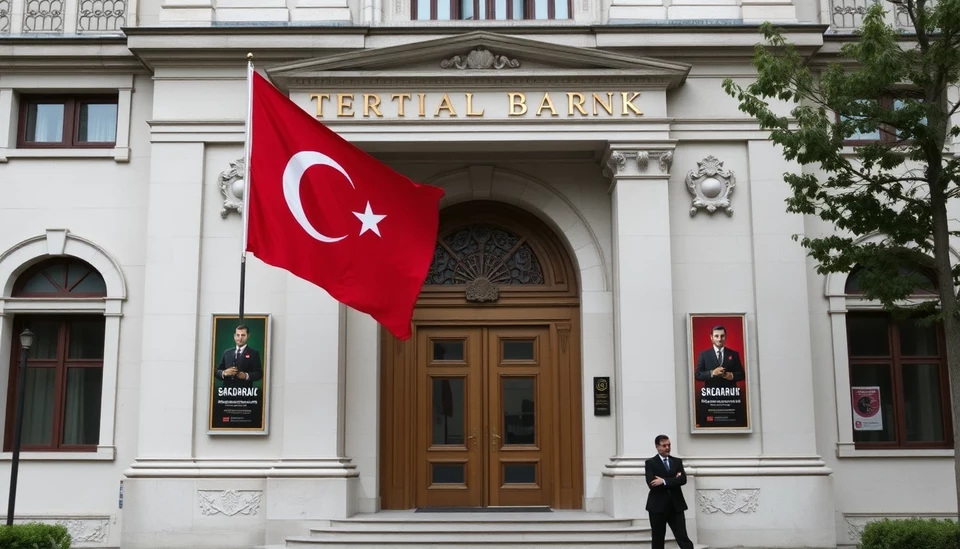
In a critical moment for Turkey’s economy, the nation faces an unprecedented wave of inflation that is testing the determination and strategies of the Turkish central bank's leadership. The inflation rate, which surged beyond 70%, has cast a shadow over the country’s financial stability and the effectiveness of economic policies set forth by the central bank.
The central bank, under the leadership of Governor Hafize Gaye Erkan, is now confronted with the daunting task of controlling the spiraling inflation that has not only affected consumer prices but also eroded public confidence in the nation’s economic framework. Many citizens are feeling the squeeze, with basic necessities becoming increasingly unaffordable. The rising costs of food, energy, and housing have intensified the concerns of everyday Turks, leading to a public outcry for effective monetary policies.
Erkan, who assumed her role earlier this year, is navigating a complex political landscape. President Recep Tayyip Erdoğan's unorthodox economic philosophy has historically influenced the central bank's decision-making process, often prioritizing growth over inflation control. However, the current inflation crisis has forced a reckoning, where traditional economic theories must confront the realities of a volatile market and political pressures.
One of the pivotal moments that shaped this narrative was the recent interest rate hike, the first substantial increase in years, intended to rein in inflating prices. Despite the decision met with skepticism, it represents a shift in the central bank's approach and a commitment to establishing a more orthodox monetary policy. Analysts are now closely watching how the bank maneuvers through the potential fallout from this decision, especially with upcoming elections that could threaten its autonomy.
The challenge is not only to address the current inflation but also to foster sustainable economic growth without falling into the traps of previous policies. The central bank's credibility is on the line, and Erkan’s leadership will be measured against tangible outcomes, including a stabilized currency and improved economic conditions.
As inflation continues to soar, economists are divided on the likelihood of success for the central bank's initiatives. Many believe that unless drastic measures are implemented, Turkey might become entrenched in a cycle of inflationary pressures exacerbated by the ongoing geopolitical challenges and fluctuating global economic conditions. The Turkish lira has seen significant depreciation, further complicating the efforts to stabilize prices and restore investor confidence.
In conclusion, the Turkish central bank is at a crossroads. The ability of Governor Erkan to rein in inflation while balancing the political and economic landscape will be crucial for the nation’s future stability. As the situation develops, observers from around the globe will be keen to see how Turkey navigates this critical economic juncture.
#Turkey #Inflation #CentralBank #EconomicCrisis #HafizeGayeErkan #TurkishLira #MonetaryPolicy #FinanceNews #EconomicStability
Author: Rachel Greene
